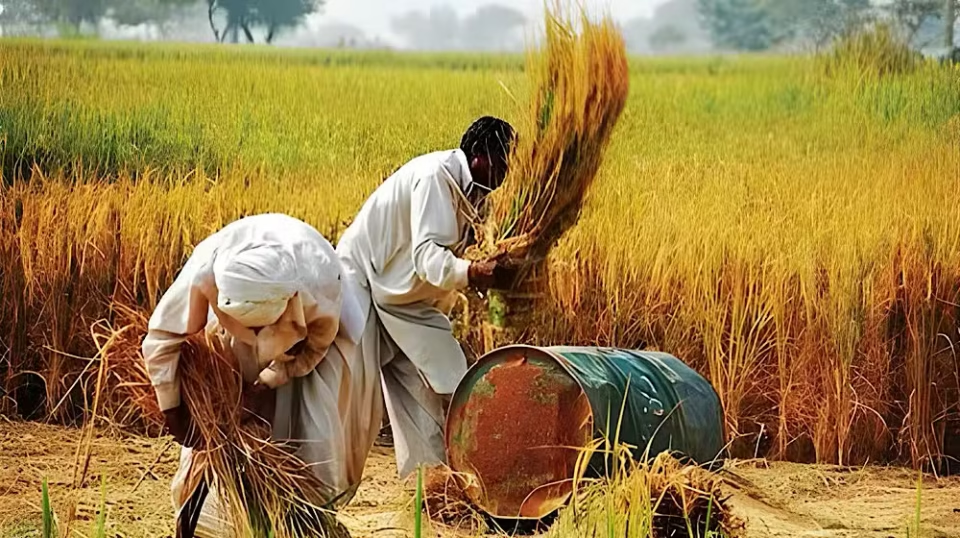Government Considers Loan Relief for Farmers Affected by Floods
The government is reviewing proposals to provide financial relief to farmers impacted by recent floods, with options including rescheduling or possible write-offs of loans from the Zarai Taraqiati Bank Limited (ZTBL).
Loan Rescheduling and Write-Offs Under Discussion
According to officials, cabinet members recommended that ZTBL borrowers should be granted relief through loan rescheduling, debt write-offs, or waiver of interest payments. The matter was discussed in a meeting chaired by Prime Minister Shehbaz Sharif, reported The Express Tribune.
ZTBL remains one of the largest state-owned banks supporting the agriculture sector, making the decision critical for farmers’ recovery.
Challenges for Wheat Growers
Ministers cautioned that wheat farmers, already struggling due to low prices during the 2024–25 crop season, may avoid planting this year unless the government intervenes. They urged provinces to revive the support price mechanism but warned against early announcements, which could benefit hoarders instead of genuine farmers.
Provincial Role and Climate Concerns
Cabinet members emphasized that agriculture and climate change are primarily provincial responsibilities. They stressed that new programs must be designed with provincial collaboration and funding, given limited federal fiscal space.
They also highlighted the need for a dual strategy:
-
Immediate short-term relief for flood-affected farmers.
-
Long-term structural reforms to strengthen climate resilience in agriculture.
To accelerate progress, the cabinet called for an urgent meeting of the Pakistan Climate Change Council, established under the 2017 Climate Change Act, to align national and provincial strategies.
Addressing Population and Resource Pressures
Officials further warned that rapid population growth is intensifying resource strain and worsening climate vulnerabilities. They proposed forming a high-level committee led by the planning minister, along with provincial chief secretaries, to outline concrete steps for tackling both agricultural and climate emergencies.

